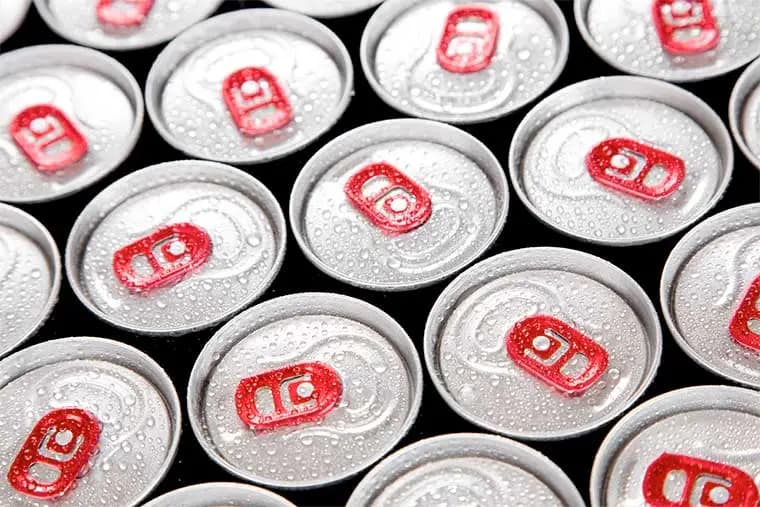We're loading the full news article for you. This includes the article content, images, author information, and related articles.
Health experts cautioned that excessive energy drink consumption can cause heart problems, high blood pressure, anxiety and long-term ailments, urging consumers to limit caffeine intake and opt for healthier alternatives like green tea.

Health experts in Kenya are sounding the alarm over the rising popularity of energy drinks—once the domain of athletes, now consumed for quick energy, weight loss, and mental focus.
Caffeine levels: A standard 250 ml can typically contains 80–100 mg of caffeine—about the same as two cups of coffee. Larger cans may carry much more.
Safe limits: For most healthy adults, up to 400 mg of caffeine per day is generally considered safe, but pregnant or breastfeeding women should limit intake to 200 mg per day. Children and adolescents are best advised to avoid energy drinks altogether.
Acute effects: Initial results may include alertness and reduced fatigue, but excessive intake can cause rapid heartbeat, raised blood pressure, anxiety, dehydration, and sleep disruption.
Long‑term risks: Persistent consumption may lead to insomnia, digestive upsets, weight gain, type 2 diabetes, dental erosion, kidney issues, caffeine dependency, and chronic heart conditions.
A tragic case in the U.S.: A 28-year-old fitness enthusiast, otherwise healthy, collapsed and died following long-term energy drink abuse. Experts cite a possible connection to caffeine overload combined with supplements.
Mental health concerns: Frequent consumption is linked to increased anxiety, mood swings, emotional dysregulation, sleep disturbance, and caffeine withdrawal symptoms like headaches and fatigue.
Nutritionists unanimously emphasize that natural energy boosters are safer and more sustainable:
Hydrate with water or herbal teas (e.g., green tea offers gentle caffeine with antioxidants).
Eat well—balanced meals with protein, fiber, and complex carbs help maintain steady energy.
Move your body—regular exercise, fresh air, or even a brisk walk can invigorate energy levels.
Rest well—adequate sleep remains the most powerful natural energy reset.
|
Concern |
Insight |
|---|---|
|
Caffeine content |
80–100 mg in 250 ml; some bigger variants exceed this. |
|
Adult safe limit |
Up to 400 mg/day; 200 mg/day for pregnant/lactating women. |
|
Risks |
Raised heart rate, high BP, anxiety, sleep issues, chronic diseases. |
|
Mental health impact |
Anxiety, mood swings, dependency, withdrawal. |
|
Recommended alternatives |
Hydration, quality sleep, wholesome meals, moderate caffeine (like green tea), and exercise. |
While energy drinks may offer a quick jolt, the mounting evidence—both clinical and anecdotal—underscores that regular consumption carries significant health risks.
Keep the conversation in one place—threads here stay linked to the story and in the forums.
Sign in to start a discussion
Start a conversation about this story and keep it linked here.
Other hot threads
E-sports and Gaming Community in Kenya
Active 9 months ago
The Role of Technology in Modern Agriculture (AgriTech)
Active 9 months ago
Popular Recreational Activities Across Counties
Active 9 months ago
Investing in Youth Sports Development Programs
Active 9 months ago